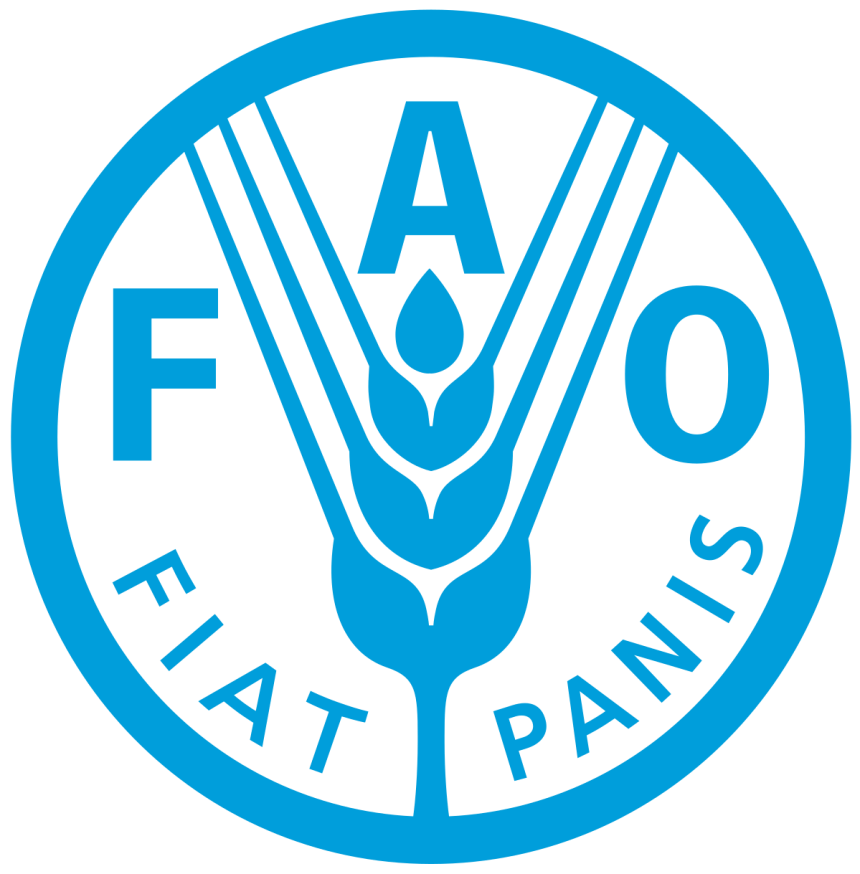The Food and Agriculture Organization (FAO), in collaboration with the Kano State Agro-Climatic Resilience in Semi-Arid Landscapes (ACReSAL), has initiated the restoration process for over 10,000 hectares of degraded lands throughout the state.
Dr. Dahir Muhammad Hashim, the ACReSAL Project Coordinator in Kano, revealed this following a 5-day training session for drivers of the Delfino plough machine, focusing on land preparation for restoration, held in the Kyale community, Gabasawa Local Government Area of the state.
He emphasized that the restoration program commenced with the training of drivers tasked with operating the Delfino plough machine, ensuring they are proficient in the necessary operations.
“The Kano Government, through the ACReSAL project, has identified over 10,000 hectares of degraded land slated for restoration, to be subsequently allocated to farmers for cultivation,” Hashim stated. “In addition to allocating restored lands for farming, we will provide farmers with seeds, fertilizers, and other agricultural inputs to boost food production. Furthermore, we are committed to planting trees on the restored lands to combat deforestation and mitigate climate change impacts in our local government areas.”
The ACReSAL Coordinator added that Nigeria has pledged to restore four million hectares of degraded lands for agricultural development, with ACReSAL committed to supporting the restoration of one million hectares through a technical partnership with FAO, aiming to restore 350,000 hectares of land.
Precious Agbeso, the FAO Focal Person, reaffirmed FAO’s dedication to supporting countries in enhancing food production and security. He highlighted FAO’s collaboration with the Nigerian government to reclaim 350,000 hectares of degraded land for cultivation across the 19 northern states, including the Federal Capital Territory.
Agbeso noted that the Delphino machine is specialized for land restoration operations, distinguishing it from conventional tractors used for plowing and cultivation. “The training for operators is essential because without proper knowledge of the machine’s operation, the goals of land restoration may remain unfulfilled. Ensuring we have skilled operators in the country is crucial, and as technical partners, training operators is our responsibility.”
Jamie Rixton, the Delphino training instructor, emphasized that the training not only focuses on operating the machine but also includes maintenance procedures to ensure its optimal performance.





